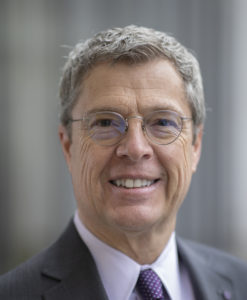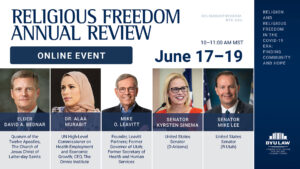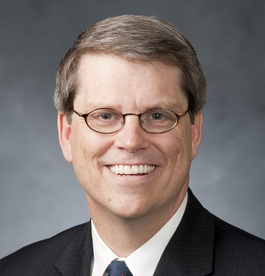
This post by Brett G. Scharffs , Director of the International Center for Law and Religion Studies is taken from remarks at the 2020 Religious Freedom Annual Review, Religion and Religious Freedom in the COVID-19 Era: Finding Community and Hope, an Online Discussion held June 17, 18, and 19, 2020.
The current coronavirus pandemic as presents a kind of stress test upon us and upon the institutions to which we belong. As we strive to behave responsibly, avoiding crowds, wearing masks, physical distancing, this is surely a time that is testing the strength and resilience of the bridges that connect us one with another, a time that is trying our hearts.
We may find ourselves as if balanced on a razor’s edge, with despair lying on one side and rage on the other. We are already seeing evidence of mental and economic tolls this crisis is exacting, alongside the more obvious public health toll. We are all affected by the horrific price the coronavirus has exacted. The toll upon those who have suffered the illness, and upon their families, is unfathomable: more than 7 million people worldwide have contracted it, many suffering terribly. More than 400,000 have died. (more…)




